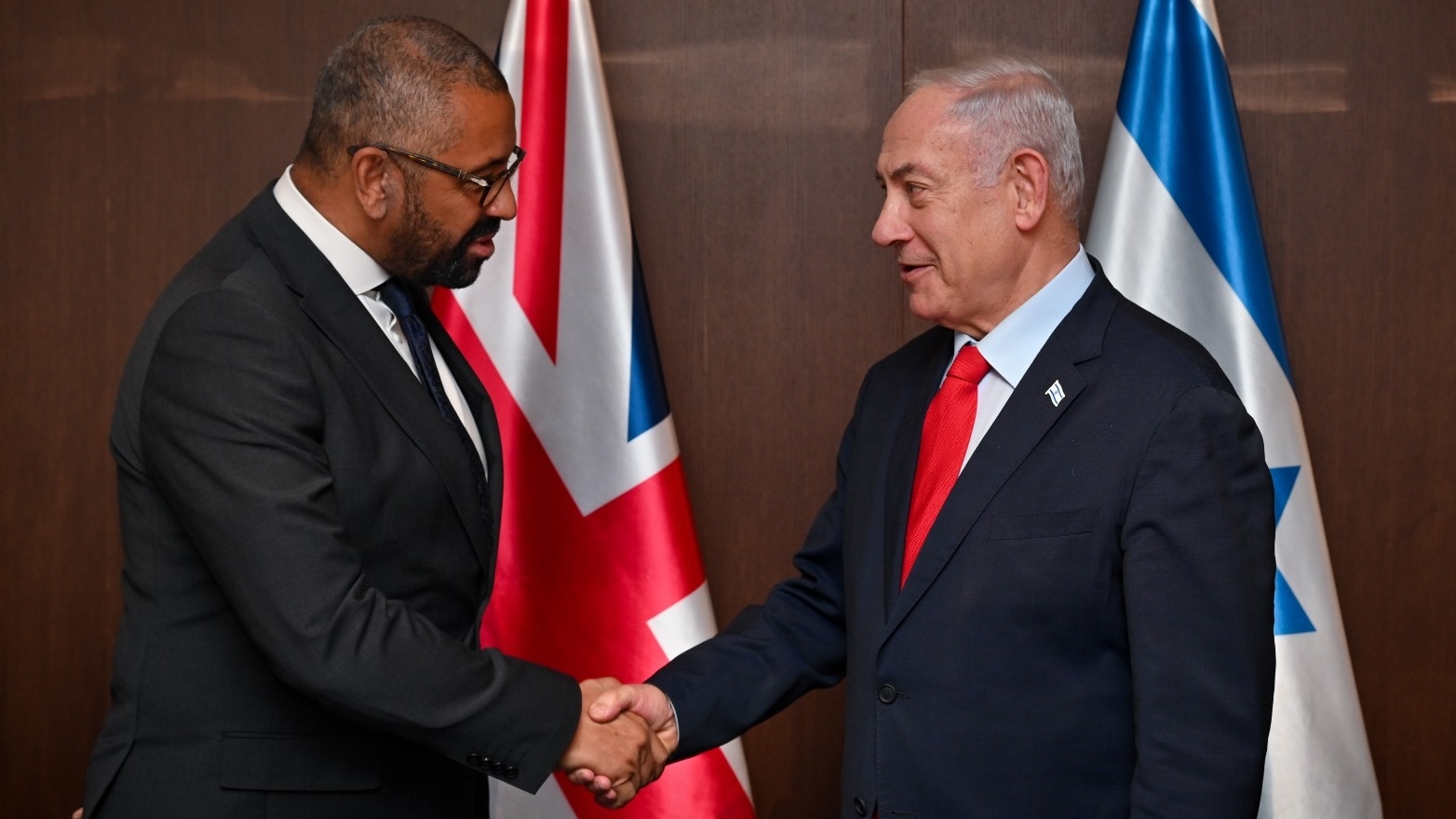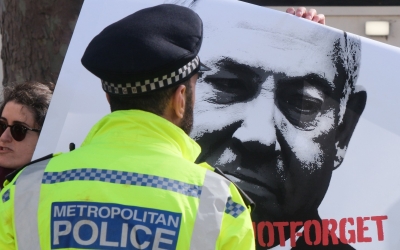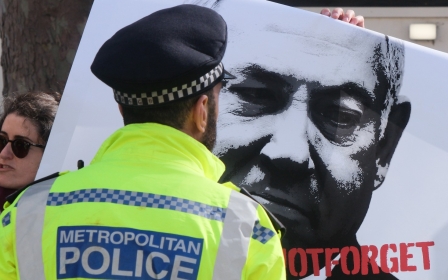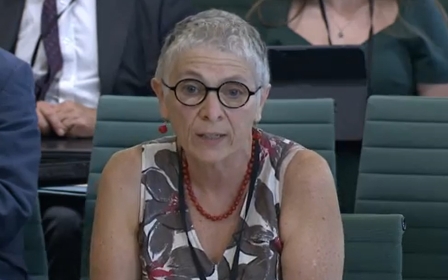BDS movement says boycott ban would harm UK relations with Arab world

The Palestinian leadership committee of the Boycott, Divestment and Sanctions (BDS) movement has warned that proposed legislation banning British public bodies from supporting the campaign will damage the UK’s standing in the Arab world.
In written evidence to a parliamentary committee currently scrutinising the anti-boycott bill, the BDS National Committee accused the government of “doubling down” on “its complicity in Israel’s grave violations of Palestinian human rights”.
It described the bill as “an anti-democratic, anti-Palestinian attempt to suppress peaceful solidarity with the struggle for Palestinian rights”.
It added: “Aside from its attack on democracy, freedom of expression, and its singling out the Palestinian people for repression, if this anti-Palestinian repressive bill is enforced, it would further erode UK standing and relations in the Arab region.”
BDS leaders also condemned the failure of the parliamentary committee to invite a representative from either the movement itself or the UK’s Palestine Solidarity Campaign to give evidence in person.
New MEE newsletter: Jerusalem Dispatch
Sign up to get the latest insights and analysis on Israel-Palestine, alongside Turkey Unpacked and other MEE newsletters
Middle East Eye reported last week that no Palestinians or Palestinian advocacy groups had been invited to address MPs, who have heard from a number of pro-Israel lobby groups supportive of the bill.
”We see this exclusion as a hurtful manifestation of what the late Edward Said has called, ‘disappearing the Palestinians,’” it said.
MPs on Thursday are set to continue discussing proposed amendments to the Economic Activity of Public Bodies (Overseas Matters) Bill.
The bill would prohibit institutions including local authorities, public pension funds, and universities from making investment and procurement decisions “influenced by political or moral disapproval of foreign state conduct".
But the government has made clear the bill is primarily aimed at outlawing support for BDS, which it argues has contributed to community divisions and antisemitism in the UK.
The draft legislation includes a clause that singles out Israel, the occupied Palestinian territories, and the occupied Golan Heights for special protection.
MPs on the Conservative-majority committee have already rejected proposed amendments to remove the clause on the grounds that it appeared to contradict the UK’s own foreign policy position recognising Israel’s occupation of the Palestinian territories and Golan Heights as illegal in international law.
Several Labour MPs who called for the clause to be dropped nonetheless said they opposed BDS and were supportive of efforts to outlaw the movement.
Wayne David, a Labour MP, told the committee: “We are more than willing to work with the government to find something that works in both principle and substance.”
'Dog-whistle policies'
The bill was more vigorously opposed by committee members from the Scottish National Party.
The SNP’s Chris Stephens called it a “dog’s breakfast” and accused the government of pursuing “dog-whistle policies”.
Referencing George Orwell’s 1984, he described a clause banning public officials from expressing support for boycott or divestment campaigns as “the thought police clause”.
Stephens said: “The purpose of the bill is… to break an international convention and undermine a fundamental human right. Why would any government do that?
“Is it because this is the red meat that the Tory party is throwing to people - a policy that actively restricts moral and political freedom of expression on human rights, environmental protections, and workers’ rights?”
The BDS National Committee is a coalition of Palestinian civil society organisations representing Palestinians living under occupation, Palestinians in refugee camps, and Palestinians living in Israel, which has acted as the main coordinating body for the worldwide BDS movement since 2007.
In its evidence to MPs, it rejected the government’s case against it as “premised on falsehoods and easily refutable fabrications”.
It cited the movement’s commitment to a non-violent human rights agenda and growing levels of support among Jewish Americans and “anti-colonial Jewish Israeli BDS supporters”.
“The Palestinian Nakba has been ongoing, enabled by military, economic, diplomatic, academic, and cultural support from states, including the UK, corporations and institutions,” it said.
The committee's scrutiny of the bill is taking place in the same week James Cleverly, the British foreign secretary, met Benjamin Netanyahu, the Israeli prime minister, in Jerusalem, and Mohammad Shtayyeh, the prime minister of the Palestinian Authority, in Ramallah.
Sharing a photo on social media of his meeting with Netanyahu, Cleverly said they were "united by our unwavering belief in democracy".
The anti-boycott bill faces a third reading in the House of Commons and further scrutiny in the House of Lords, the UK parliament’s upper house, before it becomes law.
Middle East Eye delivers independent and unrivalled coverage and analysis of the Middle East, North Africa and beyond. To learn more about republishing this content and the associated fees, please fill out this form. More about MEE can be found here.





